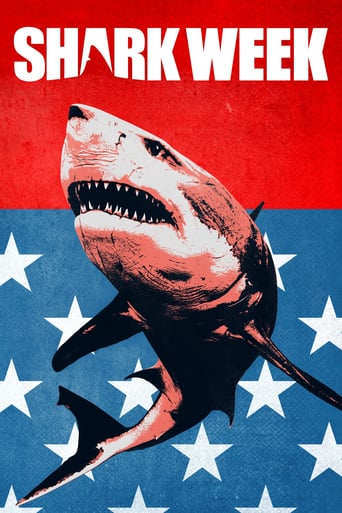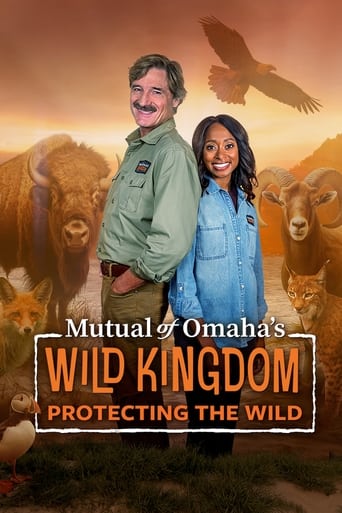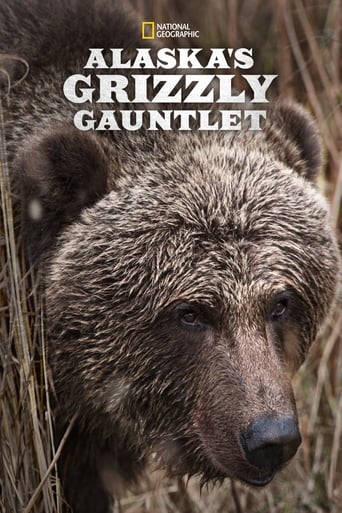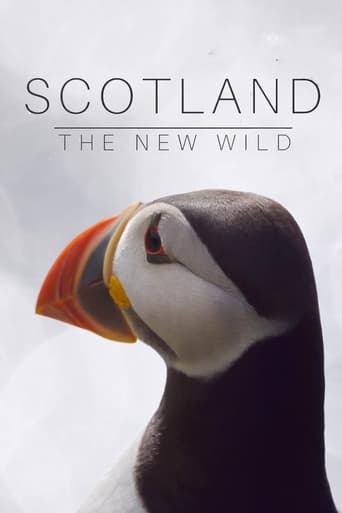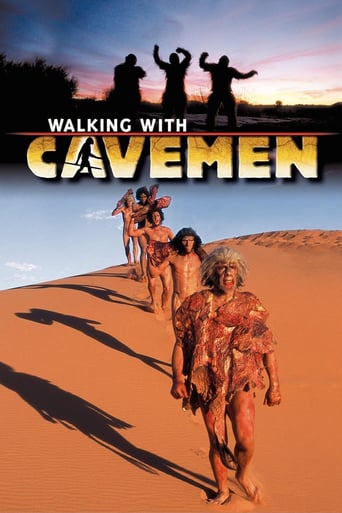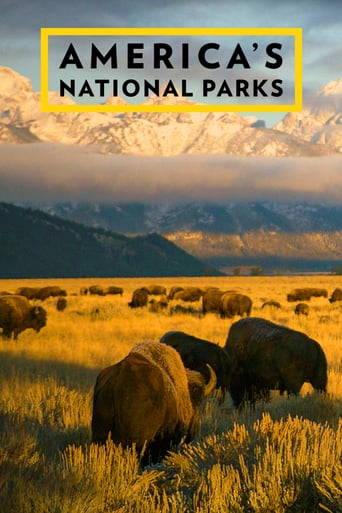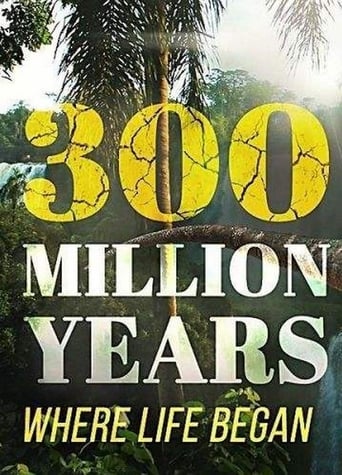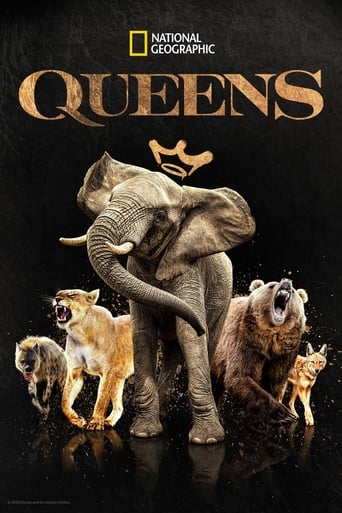Shark Week (1988)
Shark Week
1988 / TV-14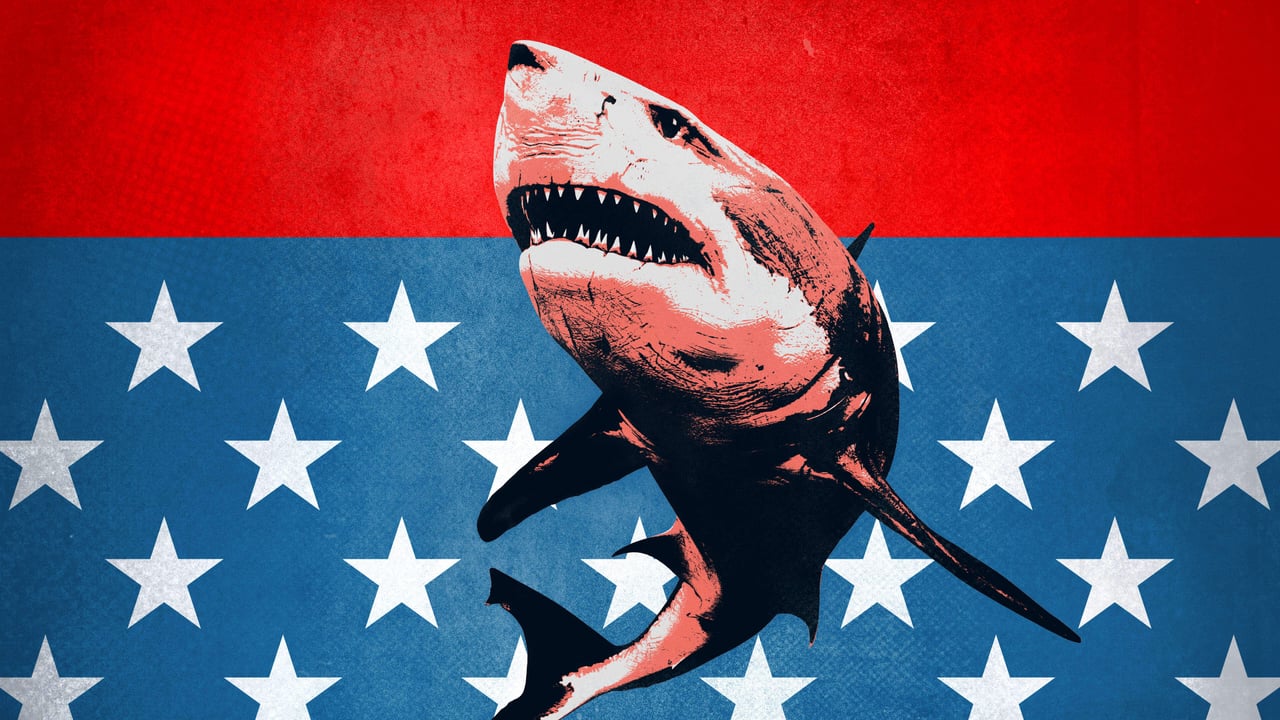
The Discovery Channel's Shark Week, first broadcast on July 17, 1987, is a weeklong series of feature television programs dedicated to sharks. Held annually, normally in July or August, Shark Week was originally developed to raise awareness and respect for sharks. It is the longest-running cable television programming event in history. Now broadcast in over 72 countries, Shark Week is promoted heavily via social networks like Facebook and Twitter.
Seasons & Episode

One of last year's most popular Shark Week shows returns. Marine biologist Dr. Austin Gallagher, marine scientist Liv Dixon, and legendary cameraman Kina Scollay travel to a new location and head back into the belly of a 29-foot whale decoy with new shark attractant features to create the biggest feeding frenzy ever with 18-foot 'Breeder' sharks in New Zealand.

Shark experts Dr. Riley Elliott and Kori Burkhardt put on a one-of-a-kind shark competition to determine which male Great White Shark is the alpha in a pack of massive adults. In the waters off New Zealand, they compare the sharks speed, hunting ability, and fearlessness to determine who has the swagger to swim away with a female shark.

Dr. Craig O'Connell explores the love lives of Oceanic White Tips & Tiger Sharks, suggesting that feeding frenzies spark romance vital for species survival. Armed with advanced gear, he orchestrates feeding events to uncover the mating link, which is crucial for species protection.

After two fatal Great White shark attacks occurred off a small Mexican fishing village - including one in which a victim was decapitated - shark attack survivor Paul De Gelder joins shark investigator Brandon McMillan and local biologist Gador Mutaner to launch a plan to ID the killers and keep the villagers in the Sea of Cortez safe.

Using cutting edge technology, Dr. Tristan Guttridge, Annie Guttridge, Paul De Gelder and Skye Minnis unveil the secrets of Bull, Tiger, Hammerhead, Great White, and rare shark species' jaw mechanics and delve deep into how these sharks' jaws and teeth deliver lethal attacks.

Marine Biologists Tom "The Blowfish" Hird and Leigh de Necker go searching for the fattest Great White Sharks off the coast of New Zealand and attempt to obtain their poop to study what they are eating. Using cutting-edge science, they aim to weigh a great white accurately for the first time, revealing if they can reach a staggering 6,000 pounds.

Dr. Austin Gallagher and his team of researchers including Liv Dixon, Zandi Ndhlovu, and Dr. Tristan Guttridge, investigate an aggressive population of Hammerhead Sharks in Turks and Caicos, which they believe could be an entirely new species.

There's a growing population of aggressive White Sharks in an unlikely location, Canada. Shark expert Andy Casagrande heads out on an expedition along Nova Scotia's coast to investigate a surge of Great White Shark encounters and figure out if this new population could be the largest in the world.

Global adventurer Josh Gates and shark biologist Tristan Guttridge team up with nature's deadliest predator to search for a lost wreck sunk by a Nazi U-Boat during World War II.

Japan's waters are home to the largest diversity of shark species on the planet, most of which take otherworldly forms. Wildlife biologist Forrest Galante, along with deep-sea marine scientist Christina de Silva and deep-water surveyors, track down and study these alien sharks in their mission to uncover whether the critically endangered Angel Shark remains in Japan's waters. Along the way, Forrest will uncover 17 different and unique species and witness the births of little-known Velvet Dogfish sharks.

In southwestern Australia, an unknown predator with a taste for Great White and Mako Sharks ignites fears of sea monsters in the abyss. Filmmakers Dave and Jennene Riggs join Dr. Tristan Guttridge and Rosie Moore in attempt to track down the killer.

Researchers are witnessing an unusual amount of shark aggression and attacks. A team of experts will analyze the most intense shark encounters Caught! on camera, unveiling mysterious new behaviors within these dangerous interactions.

Alison Towner and her team investigate a new Great White hotspot off the coast of South Africa. Equipped with cutting-edge fin cameras, tracking tags, and underwater surveillance, researchers unveil unusual behavior in these massive apex predators.

Shark advocate and attack survivor Paul De Gelder visits an ultra-remote island of shark-worshiping natives to see if their secret ways of swimming with deadly sharks holds the secret to humans and sharks living together in peace.

Significant marine pollution and algal bloom outbreaks are creating eerie dead zones in North America's most biodiverse estuary. Dr. Tiara Moore, along with Dr. Craig O'Connell, explores whether Bull Sharks can persist in the Indian River Lagoon, a vital nursery, despite the oxygen-depleted waters. Her mission could unlock the secrets to shark survival in changing oceans.

A South Pacific paradise has become a shark attack hot spot with Bull, Tiger, and Great White sharks moving closer and closer to the resort beaches, fatally attacking seven people in the last five years. Dr. Riley Elliot, Paul De Gelder, and Kori Burkhardt conduct experiments to identify the species responsible and find out why they are attacking.

In Indonesia's Raja Ampat Islands, a team of researchers hunt for one of the region's last living leopard sharks. But as they venture deeper into the unknown, the journey brings them face to face with some of the weirdest and wildest sharks on earth.

Using the latest underwater ultrasound and birthing tag technology, researchers Dr. James Sulikowski and Beckah Campbell aim to solve the mystery of where the elusive pregnant scalloped hammerheads give birth - and it may be closer than anyone realizes.
The Discovery Channel's Shark Week, first broadcast on July 17, 1987, is a weeklong series of feature television programs dedicated to sharks. Held annually, normally in July or August, Shark Week was originally developed to raise awareness and respect for sharks. It is the longest-running cable television programming event in history. Now broadcast in over 72 countries, Shark Week is promoted heavily via social networks like Facebook and Twitter.
Watch Trailer
Free Trial Channels


